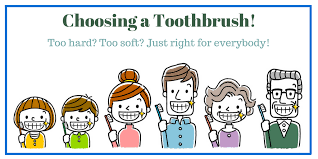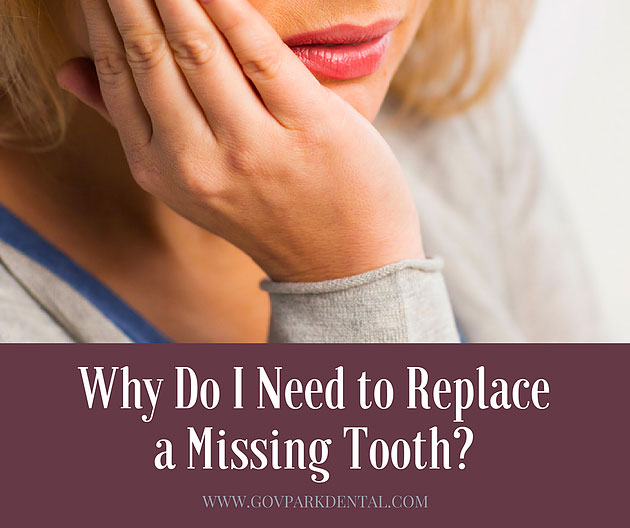The mighty toothbrush—perhaps the most essential piece of equipment to ensure dental hygiene—is often overlooked and under-appreciated. A common staple of bathrooms across the world, it’s easy to stay in the habit of using the same kind, year after year, even if it’s not the best fit. Choosing the right toothbrush is important—it ensures that teeth are adequately cleaned (but not too roughly) on all surfaces of the teeth, gums, and tongue. But how do you know which one is the right one? Here are some tips for choosing the perfect toothbrush for every member of your family:
Tip #1: Get Little Brushes For Little Hands (and Teeth)
There are child-sized toothbrushes for a reason—their smaller size makes it easier for children to manipulate them and smaller heads make it easier to get around their mouths. It’s important for infants and children to have the right size for their ages, so pay attention to the recommendations on the package. A sure-fire way to motivate proper brushing habits is to let your child pick their own brush out, so bring them along when it’s time to replace them.
Tip #2: Cheaper Isn’t Always Better
Be careful when reaching for generic brushes from the dollar market. Often times, these aren’t constructed as well as the slightly more-expensive varieties. Sometimes, bristles on cheaper brushes aren’t made with the best material or will fall out long before it’s time to replace them. It’s better to spend the extra dollar or two and get a higher-quality brush that can handle the job.
Tip #3: Skip the Heavy Scrubbers
When choosing toothbrushes for your family, soft and rounded bristles are the way to go. Scrubbing teeth with harder bristles, or using too much force, can damage enamel and cause sensitivity or cause trauma to gums and tissues in your mouth. Be sure to teach your children to brush gently and save the hard bristles for the cleaning cupboard.
Tip #4: Consider Powered Brushes (Even for the Kids!)
Powered toothbrushes can be a lifesaver for arthritic hands and wrists. They make brushing effectively far easier and take the strain off of aching joints. But they are also great for other members of the family, including children. When used correctly, powered brushes are very effective at cleaning teeth without using too much force, and can help ensure adequate brushing time (especially models with timers and automatic shut-off modes.) If you can afford the, powered brushes can be a wonderful choice for your family.
Tip #5: Know When It’s Time to Retire
Toothbrushes should be replaced every three months, often sooner for little ones who are still learning how to brush gently or for members of the family wearing braces. A great tip is to replace toothbrushes on the start of each new calendar season. Keep an eye on bristles and replace them sooner if they look worn or frayed. A tired brush won’t be able to keep teeth surfaces clean and can cause decay and the development of periodontal disease. Always be sure to replace toothbrushes after illnesses like strep throat—the germs from certain illnesses can linger a long time on bristles and can even return with a vengeance later on.
Tip #6: Don’t Forget the Sidekick
Toothbrushes are important, but they are part of a dynamic duo that includes daily flossing as well. Be sure to stock up family members with dental floss or flossers and help young children until they are able to do it independently. Brushes can only do so much, and they can’t get down into the gum line or between teeth the way floss can, so be sure not to skip it!
To learn more about oral hygiene for the entire family, visit https://govparkdental.com
The wonderful team at Governor’s Park Dental Group cares for patients of all ages in Denver, Colorado.




